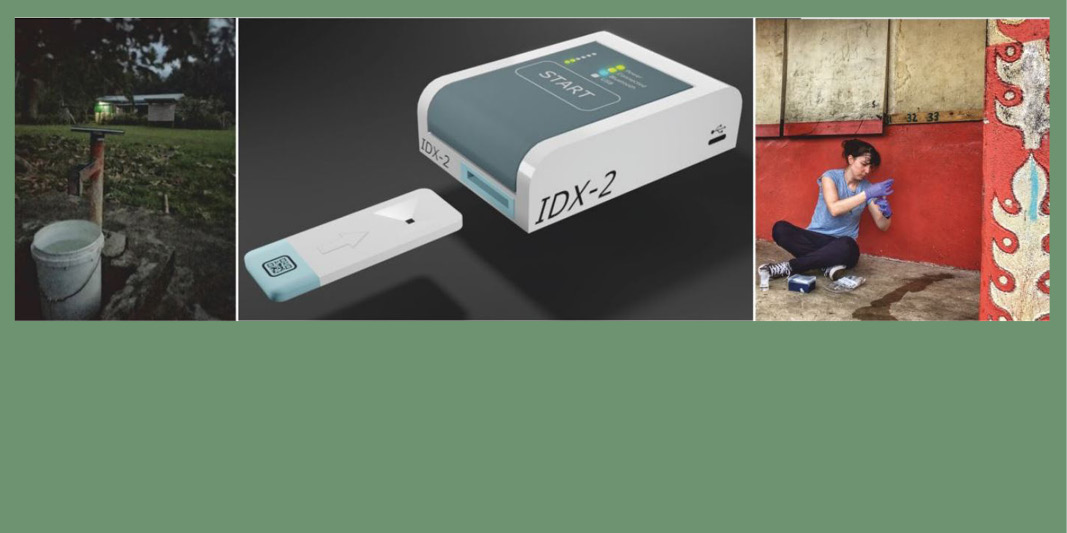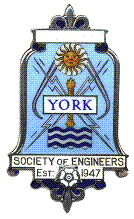
Low-cost and appropriate technologies for medical diagnostics and water quality monitoring Steven Johnson, Department of Electronic Engineering
Event details
York Society of Engineers Lecture
Biochemical tests are an essential and substantial activity in the NHS with an estimated 500 million tests performed every year in the UK alone. The demand for such tests is however increasing rapidly and cannot be met by current technologies in the near future. Moreover, there is increasing drive to increase the speed and accessibility of biochemical testing by transferring diagnostic services from centralised, hospital laboratories to the point-of-care e.g., at the bedside, GP surgery or even in the home.
Meeting these challenges requires the invention of new diagnostic technology capable of detecting multiple biomarkers in a sample, often at very low concentrations, that is simple and quick to use, and cheap to make and operate. In the first part of this talk, Steven will discuss recent progress towards a novel photonic biosensor, fabricated using the same technology developed for the semiconductor industry, and which has the potential to meet all these requirements.
While this technology has been developed to address healthcare challenges facing the UK, similar technologies could also play a significant role in the lives of people all over the world. However, there are countless examples where science and technology fail to respond effectively to the most pressing problems faced in lowand middle-income countries (LMICs). The reasons for these failures are diverse and complex but at the heart of the problem is the economic, political, and social gap that exists between scientists and engineers who develop technologies and those communities who have the most to benefit. This raises an important question: How do scientists design and build technologies that respond to the specific challenges facing people in LMICs to bring shared benefits and not greater global inequality?
In the second part of the talk, Steven will discuss his department’s recent work with remote communities in the South Pacific island nation of Vanuatu, with whom they have been collaborating to develop appropriate analytical technologies to protect against diseases caused by drinking contaminated water.
Partners
